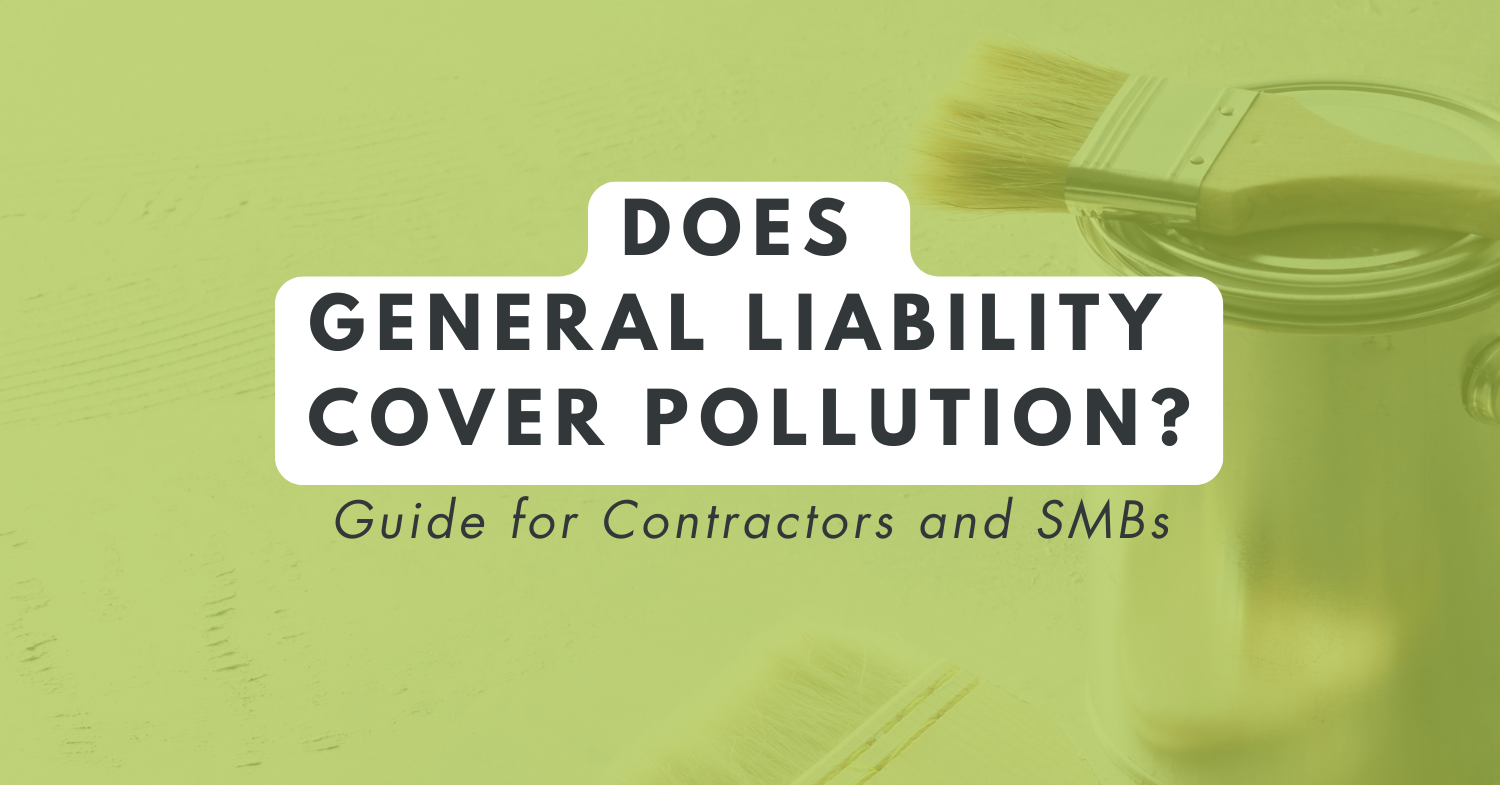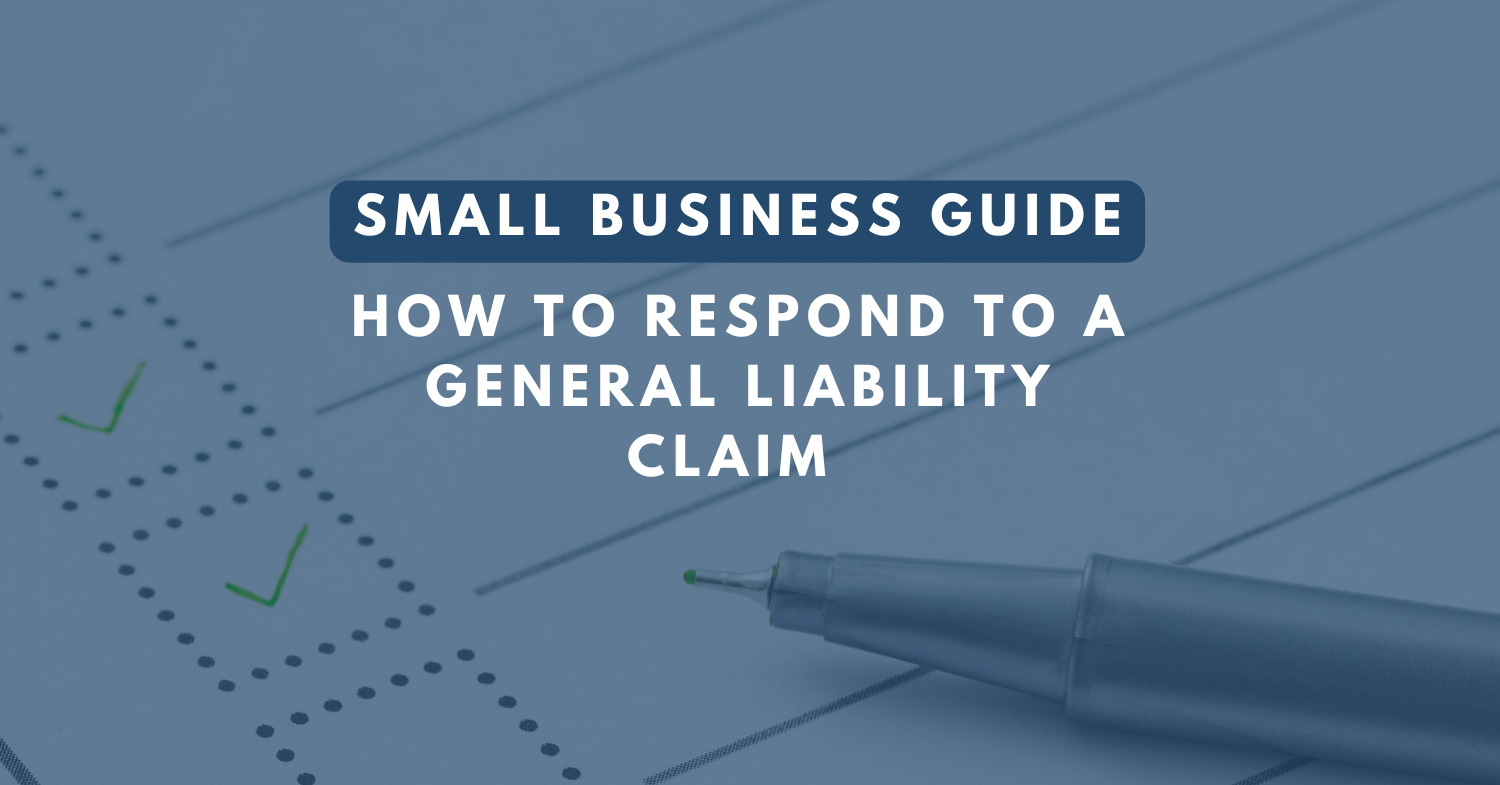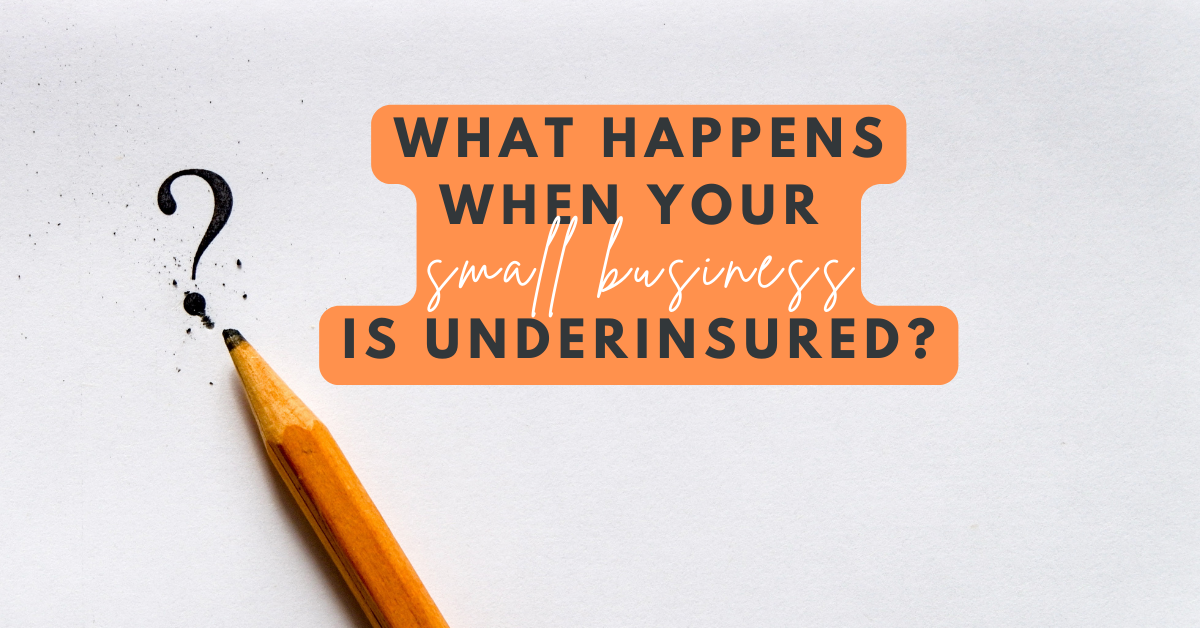Understand your insurance audit in less than 6 minutes!
See How We're Different
or call us: (858) 384‑1506
You own a business and carry general liability insurance. You renewed the insurance policy, and shortly after, you received a request to conduct a general liability audit from the insurance company. You are unfamiliar with the audit process and are unsure what to expect.
At Fusco Orsini & Associates, we understand the pain and frustration caused by insurance audits. Whether it be a general liability audit, a workers’ compensation audit, or an audit on other policy types, most business owners are unprepared. They don’t understand the reason for the audit. Watch and read today’s video and blog with our very own Mike Fusco.
Mike will help you understand your insurance audit in less than 6 minutes.
Why do insurance carriers audit general liability policies?
Insurance companies issue policies based on the estimated activity of the policyholders. For example, carriers provide general liability policies and price the policies on projected exposures, such as gross sales, gross payroll, gross sub-costs, and several other factors. Most policies are effective for 12 months. Once a policy ends, insurance carriers must audit to charge the correct premium for the exposure. It is essential to remember that although the policy expired, the business and insurance company’s liability did not.
Why do insurance carriers audit workers’ compensation policies?
The same holds for workers’ compensation policies. Insurance companies rely on projected employee counts, remuneration, and business operations to issue a workers’ compensation policy. In many cases, the estimates differ from those at the end of the policy year. Insurance companies audit the policies to collect the appropriate premium for the exposure presented.
What happens if my estimates are higher than the actual numbers?
After an insurance audit, the policyholder doesn’t always owe an additional premium. Workers’ compensation carriers, for example, will refund the money but will not refund beyond the minimum premium. Minimum premiums range, so you must understand yours. Most insurance policies include language that allows for the return of premium, but keep in mind that non-admitted carriers do not refund money.
What happens if I do not comply with my audit?
If you fail to comply with your insurance audit, you will suffer adverse consequences. Carriers can legally charge you up to three times your annual premium for a non-compliant audit. If you don’t perform your workers’ compensation audit, it will negatively impact your experience modification factor. A higher EMOD will leave you paying higher premiums for years to come.
How does Fusco Orsini & Associates help with insurance audits?
Our team understands that the audit process is confusing and time-consuming. We get involved in helping you work with the auditor. Furthermore, we provide tips throughout the year on preparing for an audit. And no business owner likes surprises, so we perform mid-term policy checks to ensure your estimates align with business activity.
Let’s face it – you DO NOT want to pay more premium at the end of the year due to an oversight. In cases where you cannot comply with an audit and receive a non-compliant bill, we assist in reopening and complying with the process. And finally, if you disagree with your audit results, we help with the dispute process.
How can I connect with the pros at Fusco & Orsini?
It’s easy! Complete the form below, and a member of our staff will contact you! Thank you again for visiting, and we look forward to speaking soon!







